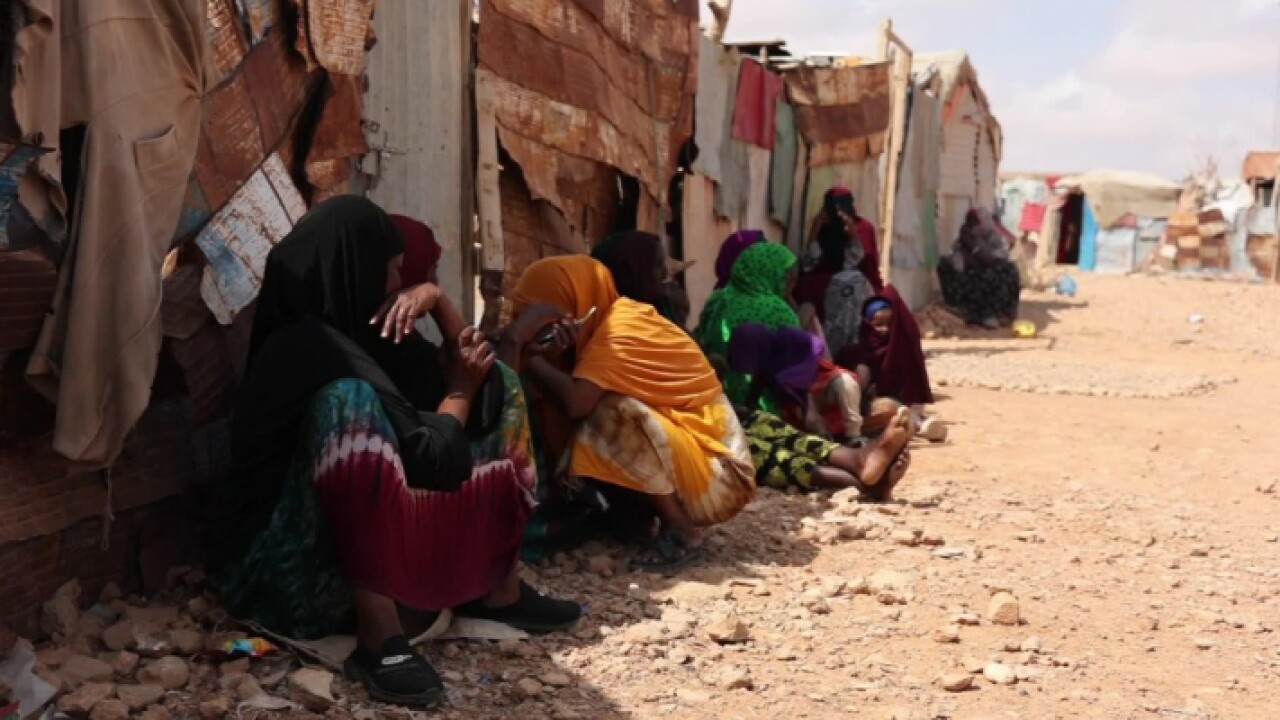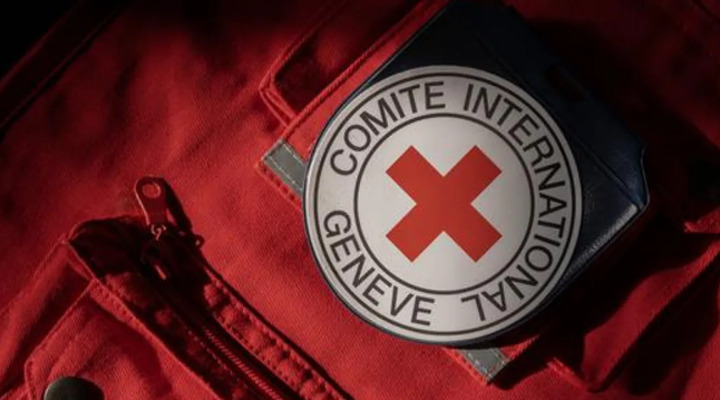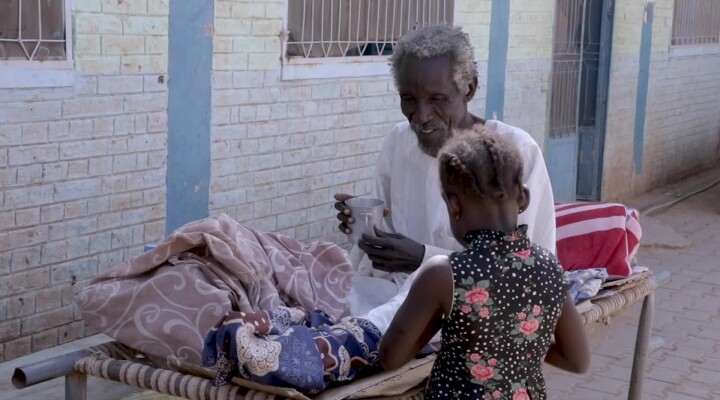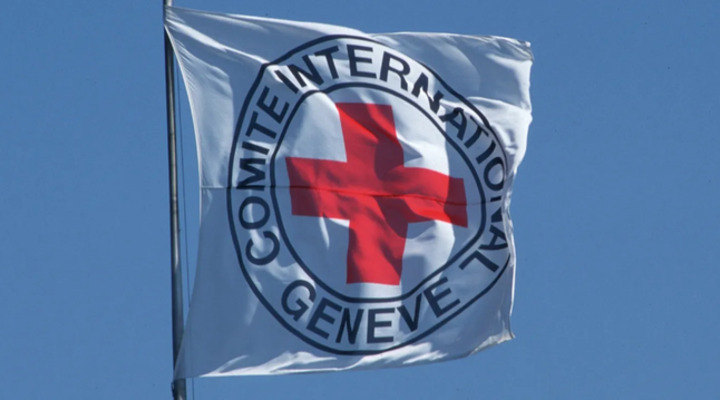Somalia: Displacement numbers swell. Reason: Conflict

This is a modal window.
Renewed fighting in Somalia has forced hundreds of thousands of families from their homes since the beginning of the year, a key reason why the country now has a record 3.8 million displaced people.
Conflict -- the main driver of internal displacement -- is responsible for more than half of the displacements recorded this year, according to data by the Protection and Return Monitoring Network. Out of the 822,000 people displaced between January and March, 429,000 of them were as a direct result of conflict. Nearly 250,000 people were displaced due to drought while floods uprooted roughly 130,000.
“In the past two years, Somalia was hit by a very difficult drought. And that has been very much making the media headlines. But what we are seeing today, and sometimes very often is left on the sidelines and we keep forgetting, Somalia is one of the most protracted conflicts in the region. And the majority of people displaced today are fleeing violence. They are fleeing conflict,” said Alyona Synenko, who is the spokesperson for the International Committee of the Red Cross (ICRC) in the region.
The country has been reeling from one of its worst droughts in years and most of the people last year were forced to leave their homes after losing their crops and animals. The start of the rainy season combined with a robust humanitarian response helped improve the situation. However, conflict and particularly the fighting that broke out in Las Anod, in the disputed Sool region, has sparked a surge in displacement.
“We were at home when the fighting broke out and everyone was fleeing the town. We decided to wait and see how the situation will unfold. The day after, an artillery shell hit our roof and it caved in. We decided to run away after that,” said Rodha Abdi, a mother of nine who fled her home in Las Anod.
Rodha Abdi now stays with her children in Tawakal IDP camp in Garowe, Nugal region, and has to contend with the deplorable living conditions of her new home.
“We don't have work. We don't have school. We don't have access to health. We don't have power. We are stuck here like goats,” said Abdi.
While the fighting in parts of Sool has driven the largest number of families from their homes this year, the ongoing government offensive in the south and central part of the country is also contributing to the high figures. Life in displacement camps is harsh for the families, and the emotional trauma of being separated from loved ones in the heat of a crisis can add to their distress. Part of the ICRC’s work involves helping the displaced stay in touch with their loved ones and finding out the fate or whereabouts of their loved ones.
“Of course, the needs are many. People need food. They need shelter. They need clean water. But also, something that we tend to forget is how important it is for people to know what is happening with their loved ones. And when they cannot contact them and they cannot verify that their loved ones are safe and sound, it creates a lot of anxiety and a lot of suffering for them,” said Synenko.
With the help of the Somali Red Crescent Society (SRCS), almost 4,000 free phone calls have been facilitated to restore and help maintain family contact for people who have been displaced due to the fighting in Sool region. In addition, more than 100 free phone calls were also provided to the injured across hospitals in Las Anod and Garowe.
Do the families hope to return to their homes in Las Anod once the fighting is over? Farah Yussuf Ali, who fled the town in February and is now living in Burawadal, in the east of Sool is not optimistic.
“There is a big difference between my previous life and now. But I don't think we will be able to go back soon. Because, if we go back to Las Anod now, it will be difficult living there. Because of the animal carcasses. The dead people. The destroyed houses. It needs a lot of work. It's not just going back, it's not easy,” he says.
|
|
|
For further information, please contact:
Alyona Synenko, ICRC Nairobi, +254 716 897 265, asynenko@icrc.org
Abdikarim Mohamed, ICRC Somalia, +254 770 171 756, mabdikarim@icrc.org
SHOTLIST
Location: Garowe and Burawadal
Language: English, Somali
Length: 5’ 01’’
Format: mp4, h.264
Producer: Abdikarim Mohamed
Camera: Abdikarim Mohamed
Editor: Abdikarim Mohamed
Filming date: 13th-16th April 2023
Copyright: ICRC access all
Shot list
Time Codes
00:00 - 00:05 - A displaced woman fixing her shelter in Tawakal IDP camp In Garowe.
00:05 - 00:10 - IDPs in Tawakal IDP camp resting in the shade as they wait their turn to make calls.
Quote – Rodho Abdi, 50, in Tawaka IDP camp, Garowe (Somali)
00:10 - 00:15 - We were are home when the fighting broke out and everyone was fleeing the town.
00:16 - 00:20 - We decided to wait and see how the situation will unfold.
00:20 - 00:26 - The day after an artillery shell hit our roof and it caved in.
00:26 - 00:27 - We decided to ran away after that.
00:27 - 00:32 - Children playing in Burawadal village in Sool region.
00:32 - 00:40 - Children play football in Tawakal IDP camp in Jillab area, Garowe.
Quote – Alyona Synenko (English)
00:40 - 00:46 - In the past two years Somalia, was hit by a very difficult drought.
00:46 - 00:49 - And that has been very much making the media headlines
00:49 - 00:55 - But what we are seeing today, and sometimes very often is left on the sidelines
00:55 - 00:59 - and we keep forgetting, Somalia is one of the most protracted conflicts in the region.
01:00 - 01:05 - And the majority of people displaced today are fleeing violence.
01:05 - 01:07 - They are fleeing conflict.
Quote – Rodho Abdi, 50, in Tawaka IDP camp, Garowe (Somali)
01:07 - 01:08 - We don't have work.
01:09 - 01:10 - We don't have school.
01:10 - 01:11 - We don't have access to health.
01:11 - 01:12 - We don't have power.
01:12 - 01:15 - We are stuck here like goats.
01:15 - 01:18 - IDPs and SRCS team in Tawakal IDP camps where free phone call services are offered.
01:18 - 01:27 - SRCS teams register IDPS using the free phone call service.
01:27 - 01:37 - Various shots of women making calls.
Quote – Alyona Synenko (English)
01:37 - 01:39 - Of course the needs are many.
01:39 - 01:45 - People need food. They need shelter. They need clean water.
01:45 - 01:52 - But also, something that we tend to forget is how important it is for people to know what is happening with their loved ones.
01:52 - 01:59 - And when they cannot contact them and they cannot verify that their loved ones are safe and sound
01:59 - 02:05 - It creates a lot of anxiety and a lot of suffering for them.
02:05 - 02:20 - Two women sit outside their home in Jillab 3 IDP camp, Garowe.
02:20 - 02:29 - Long shot of Jillab 3 IDP camp.
02:29 - 02:35 - Close-up of SRCS staff registering IDPs using the free phone call service.
02:35 - 02:43 - Overhead shot of the free phone call service being offered in Tawakal IDP camp.
02:43 - 02:52 - SRCS staff hands over phone to woman to answer a phone call.
02:52 - 02:57 - Wide shot of free phone call services being offered in Tawakal IDP camp.
02:57 - 03:02 - Close-up of a woman talking on phone.
Quote – Farah Yussuf Ali, 52, in Burawadal village (Somali)
03:12 - 03:16 - So there is a big difference between my previous life and now.
03:16 - 03:19 - But I don't think we will be able to go back soon.
03:19 - 03:24 - Because, if we go back to Las Anod now, it will be difficult living there.
03:24 - 03:26 - Because of the animal carcasses.
03:26 - 03:27 - The dead people.
03:27 - 03:29 - The destroyed houses.
03:29 - 03:31 - It needs a lot of work.
03:32 - 03:36 - It's not just going back, it's not easy.
03:36 - 03:51 - Shots of ICRC field officer with Farah Yussuf Ali in Burawadal village.
Quote – Alyona Synenko (French)
03:51 – 04:09 - In recent days we have visited several IDP camps just outside Garowe and what you see is a complex humanitarian crisis, with people who have been displaced for different reasons.
04 09 – 4:34 - We see people who have left their homes because of the drought, who have lost their animals and are forced to come and look for work here in the city. We also see people who have fled the conflict and the events in Las Anod where the violence began two months ago.
04:34 – 05:01 - All these people have something in common: they find themselves in terrible situations where they lack everything. They lack food, water, living conditions are extremely difficult. They are also in a situation of extreme uncertainty without knowing how to meet their needs, the needs of their families, what tomorrow will bring them.
ENDS


